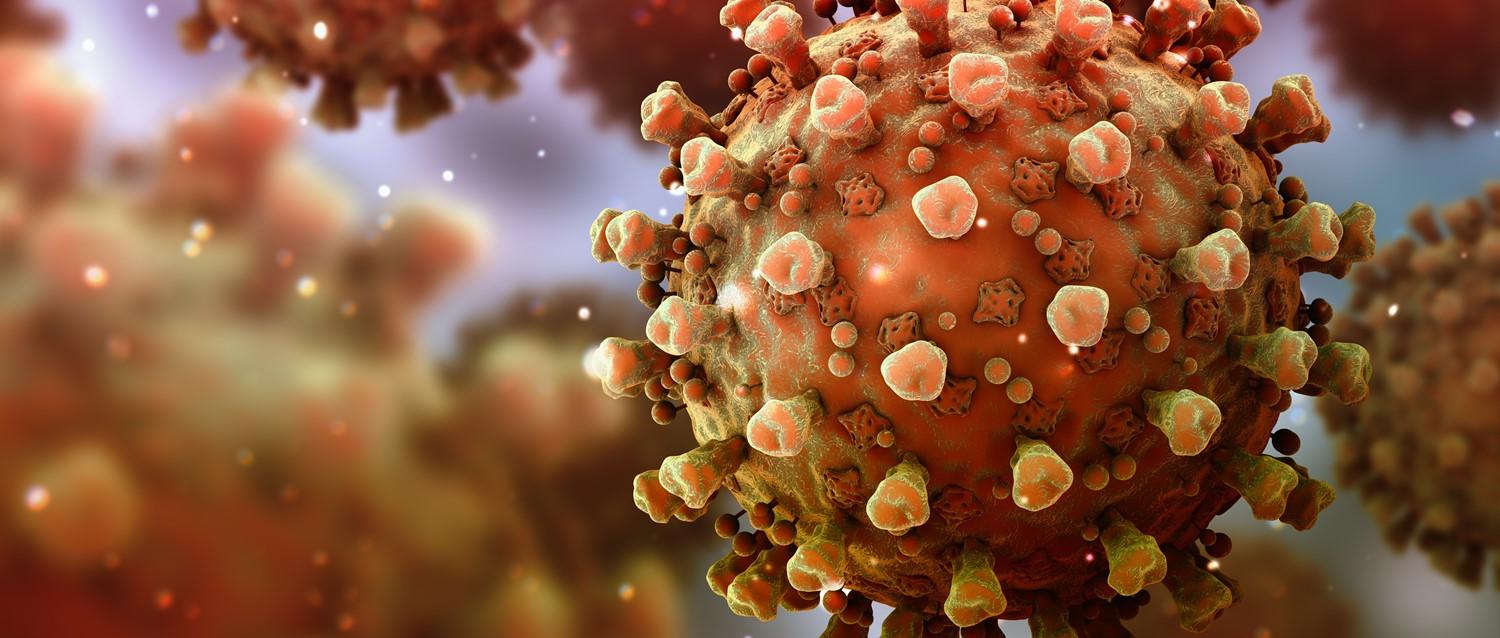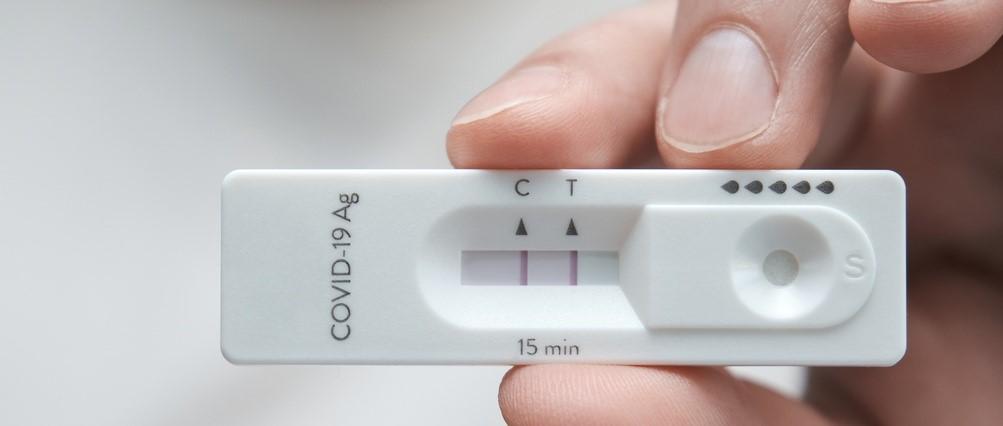
What we know about the IHU COVID-19 variant
Peer reviewed by Dr Sarah Jarvis MBE, FRCGPLast updated by Lydia SmithLast updated 19 Jan 2022
Meets Patient’s editorial guidelines
- DownloadDownload
- Share
- Language
- Discussion
As long as COVID-19 continues to spread, mutations of the virus will continue to happen. Although the UK is still grappling with the large number of cases of the easily transmissible Omicron variant, researchers have been reporting on a new strain called B.1.640.2 or IHU detected in France. But is it as worrying as other variants of COVID-19 - and what do we know about it so far?
In this article:
Continue reading below
What is the IHU variant?
At the end of 2021, researchers discovered a new COVID-19 variant in France. According to a study that is yet to be peer-reviewed, the strain was found in a vaccinated French traveller who had returned from Cameroon in Africa in November. The researchers noted that he developed mild respiratory symptoms the day before he was diagnosed. The variant was named B.1.640.2 or IHU after Institut Hospitalier Universitaire in Marseilles, one of the places where it was identified.
Respiratory samples collected from seven other COVID-19 patients living in the same area of southeastern France were found to have the same combination of mutations. All of these samples of the IHU variant were detected in the weeks after the initial case was reported. Researchers later discovered there were 12 people in total with the IHU variant. All of the people infected lived in southern France.
Should we be worried about the IHU or B.1.640.2 variant?
Back to contentsViruses mutate to adapt to their surroundings, so they can move more effectively between hosts. Mutations can allow viruses to reproduce more quickly, attach more easily to our cells or evade our immune systems and vaccines. Put simply, spike proteins - made of glycoproteins - protrude from the outside of coronaviruses and help them to infect human cells.
The IHU variant has 46 genetic mutations and 37 deletions, according to the French study. The Omicron variant, in comparison, is thought to have around 50 mutations. Two of the spike protein mutations in IHU - the N501Y and E484K mutations - have been detected in previously seen variants of the COVID-19 virus.
Research suggests the N501Y mutation, which was detected in the Alpha variant, can help the virus to bind better to human cells. The E484K mutation, found in various variants, is called an escape mutation because it helps the virus evade the body's immune defences.
However, unlike the Omicron variant, IHU has not been spreading rapidly since it was detected. Many variants of COVID-19 have occurred and will continue to happen in the future, but they are monitored closely by experts. Variants will be flagged as a cause for concern if necessary, but it's important to try not to worry about every one you hear about. It is still essential to continue taking your usual precautions, such as ensuring you are vaccinated and wearing masks.
Continue reading below
WHO: Not yet a variant of concern
Back to contentsIHU has not been labelled a "variant of concern" by the World Health Organization and it has emphasised that there is no cause for concern yet. To qualify as a variant of concern, there must be evidence that the variant is:
More transmissible than other variants; and/or
Likely to cause more severe symptoms; and/or
Better able to evade current protections, such as vaccines.
Abdi Mahamud, the incident manager for the World Health Organization's COVID-19 Incident Management Support Team, said during a recent press conference that the B.1.640.2 variant had many chances to spread over the last two months. However, the WHO will keep a close eye on the variant.
French scientists have said more research is needed about the transmissibility of the IHU variant and that it is too early to speculate. They said: "Overall, these observations show once again the unpredictability of the emergence of new SARS-CoV-2 variants and their introduction from abroad. They exemplify the difficulty to control such introduction and subsequent spread."
How many variants of COVID-19 are there?
Back to contentsAlthough attention has focused on the most common strains of COVID-19, such as Alpha, Delta and Omicron, there are many variants of the virus.
A recent paper in the British Medical Journal lists numerous variants including Beta (first documented in South Africa in May 2020) and Gamma (identified in Brazil in November 2020). Both are considered variants of concern by the WHO. Some variants have been declared of "interest" by the organisation. This is its second-tier level of alert.
According to the paper, cases of the Eta variant have been detected in 72 countries, including the UK. The Iota variant, first identified in New York City in November 2020, has been reported in more than 50 countries.
However, not all variants spread as quickly or effectively as others. Many disappear after circulating for a shorter period of time, but some - such as Omicron - spread rapidly. There will likely be many more strains of COVID-19 in the future, which is why vaccination is so important.
Video picks for Variants information
Patient picks for Variants information

COVID-19
What are the symptoms of the COVID-19 variant Pirola?
Cases of COVID-19 are on the rise, fuelled by the spread of a new variant called Pirola. But how can you tell if you have the virus - and should you isolate yourself?
by Lydia Smith

COVID-19
What we know about the new COVID-19 variants Eris and Pirola
With lockdowns a thing of the past, COVID-19 may not be at the forefront of everyone's minds - but it is continuing to spread. And as long as it does so, mutations of the virus, often referred to as different variants, will continue to emerge. Here we look at what we know about the two new strains, Eris and Pirola.
by Lydia Smith
Continue reading below
Article history
The information on this page is peer reviewed by qualified clinicians.
19 Jan 2022 | Latest version
19 Jan 2022 | Originally published

Ask, share, connect.
Browse discussions, ask questions, and share experiences across hundreds of health topics.

Feeling unwell?
Assess your symptoms online for free
Sign up to the Patient newsletter
Your weekly dose of clear, trustworthy health advice - written to help you feel informed, confident and in control.
By subscribing you accept our Privacy Policy. You can unsubscribe at any time. We never sell your data.